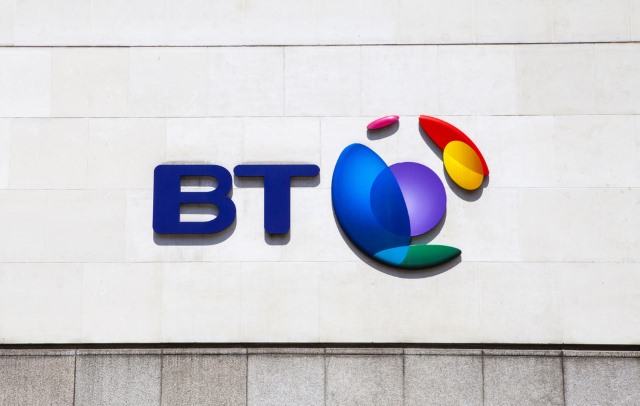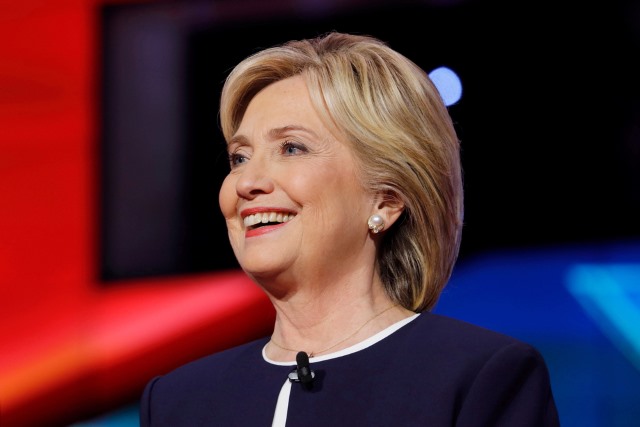
UK broadband companies banned from advertising misleading top speeds
The advertising of broadband services has long been fraught with complaints and controversy, but a new rule change should help to bring this to an end.
Following an investigation by the Advertising Standards Authority (ASA), ISPs will no longer be able to advertise high "up to" speeds. Instead they will have to advertise the average speed achieved by at least 50 percent of customers at peak times. Previously, the rules permitted the advertising of headline speeds enjoyed by just 10 percent of people, and the ASA found that many broadband customers were disappointed with their connection speed.

UK consumers want an end to misleading 'fibre' broadband advertising
Using the word 'fibre' to describe broadband services which are partly delivered using copper cable is misleading consumers according to the UK's Advertising Standards Authority (ASA).
Conducted by specialist research agency Opinion Leader, using focus groups and in depth interviews with residential and business broadband users, the research shows that adverts using the word fibre don't enable people to make an informed choice.

8 out of 10 Brits feel misled by advertised broadband speeds
The way broadband speeds in the UK are advertised is misleading according to 80 percent of respondents to a new survey.
Broadband comparison site Cable.co.uk interviewed 2,000 consumers with 58 percent finding advertised speeds "very misleading" and 22 percent saying they are "somewhat misleading".

BT is number one -- for broadband complaints
British Telecom, more commonly known as BT, is the top UK supplier for broadband. However, "top" doesn't always mean best, and in this case the point is proven. The London headquartered company is the subject of a new report.
Regulator Ofcom is announcing its findings for the third quarter of 2016 and BT is number one for customer complaints, averaging a whopping 36 per-100,000 customers, a number that is almost double the industry average.

Broadband customers need accurate speed comparison sites
There are calls for ISPs to provide more accurate broadband speed information to customers to allow them to make better comparisons between companies. The current method of providing theoretical maximum figures is just not acceptable, says the UK's Local Government Association.
The LGA points out that ISPs' current provision of estimated speeds are not necessarily a true reflection of the reality. Just as consumers can use price comparison sites to check out the best deals for electricity and other utilities, so the LGA believes a similar service should be available to allow for more accurate speed comparison.

Broadband is not an automatic right in rural areas of the UK
While most of the UK enjoys fast (or superfast if you want to swallow the rhetoric) broadband, there are still numerous pockets plagued with dial-up speeds. Talks had been underway between the government and broadband providers about whether the aim of providing broadband access to 95 percent of the country by the end of 2017 was ambitious enough.
But it is the remaining 5 percent that’s concerning. 95 percent coverage might sound impressive, but 5 percent of the population is still a huge number of people. The government has now decided that broadband is not a right to which households are entitled. Rather than forcing providers to install connections for everyone, the Universal Service Obligation (USO) will require homes and business to submit requests for connection; and, despite the name, there is no obligation for these requests to be honored.

ISP filters could be harming UK users’ love lives
Content filters are supposed to protect you from bad stuff, but they can have unexpected side effects and block things you want to access.
As we approach Valentine's Day a new survey by UK broadband comparison site Broadband Genie has discovered that filters may be preventing Brits from finding love by blocking online dating sites.

New UK homes to get superfast broadband -- maybe
The UK government has today announced that it will work with Openreach -- BT's local access network business -- and the Home Builders Federation (HBF) on an agreement to deliver superfast broadband connectivity to new build properties in the UK.
The deal will mean that fibre-based broadband is offered to all new developments either for free or as part of a co-funded initiative.

Virgin Media says it's not right to advertise broadband speeds that most people cannot get
The 'misleading' nature of ads for broadband services has been the subject of debate for some time. The 'up to' figures put forward in relation to speed are often so open to interpretation as to render them meaningless. Customers have had enough, and now Virgin Media is ready to fight on their behalf.
Current rules enforced by the Advertising Standards Authority (ASA) permit UK ISPs to make claims about broadband speeds, even if just 10 percent of customers could receive these speeds. Virgin thinks this is unfair and is calling on the ASA to update its guidelines so customers will have an easier time comparing deals.

BT's merger with EE gains official clearance -- and industry objections
The Competition and Markets Authority (CMA) has given BT the go-ahead for a takeover of EE. The merger of the largest mobile provider in the UK with the country's largest landline provider creates a giant that rivals are concerned about.
The newly conceived communications behemoth has fingers in not only mobile and landline pies, but also TV and broadband. While the CMA's decision is not a surprise, rivals such as Vodafone, TalkTalk and Sky have voiced their disapproval, saying that the merger will have a negative impact on competition.

Clueless UK government wants you to help define its digital strategy
The UK government has been heavily criticized for the way it is attempting to control the way in which people use the internet -- blocking porn, unfettered surveillance and so on. The snooper's carter in particular has been the subject of much disapproval, and in an apparent bid to avoid further complaints, the government is now crowdsourcing ideas for internet policies.
In an article entitled UK Digital Strategy - the next frontier in our digital revolution (a document replete with language and references akin to an elderly parent talking about some aspect of modern culture they don't quite understand), Digital Economy Minister Ed Vaizey explains that he is looking for "ideas from public and industry on the UK's digital strategy".

Broadband ads are confusing and misleading
People in the UK are confused by broadband advertising that can make it difficult to determine the best deals. The charity Citizens Advice says that most people find the ads too confusing and felt overwhelmed with information, making the task of comparing packages that much harder.
CA's findings suggest that more than half of people looking at broadband deals could not identify the cheapest deal available to them, at least in part because line rental costs were not always made clear. ISPs are accused of misleading customers, using headline-grabbing deal prices that do not truly reflect what the costs are.

Hillary Clinton wants to spend $275 billion on IoT and world-class broadband for all Americans
Presidential hopeful Hillary Clinton will invest $275 billion over five years on the US infrastructure -- if she's elected, that is. A key part of the plan is to bring "world-class broadband" to every American with a view to increasing competition and equality in the workplace.
While acknowledging the importance of investing in road, rail, and other transport infrastructures, Clinton also wants to invest in the technology of the future. Embracing the Internet of Things, she wants to create "smart cities" that will be filled with connected citizens, businesses, and services, including free Wi-Fi.

Privacy blow as FCC says websites can ignore Do Not Track requests
People are more concerned than ever before about online privacy, and this is the very reason Consumer Watchdog filed a petition to force websites to honor Do Not Track Requests. The Federal Communications Commission handed down a ruling which is not going to please privacy advocates.
In short, the FCC has said that websites should be under no obligation to take notice of Do Not Track requests. The commission dismissed Consumer Watchdog's petition that called for 'edge providers' -- such as Google, Facebook, YouTube, Pandora, Netflix, and LinkedIn -- to respect people's privacy if they enabled the Do Not Track option in their web browser.

Experts warn that placing your router near a lamp slows down internet speeds
Few people would argue against the idea that router placement -- particularly when it comes to maximizing Wi-Fi footprint -- is important. But it is not just the location that's key; broadband speeds could also be affected by seemingly innocuous objects in the home.
The head of the UK's communications regulator Ofcom warns that numerous electrical goods in the home can interfere with signals and slow down the internet. It's a problem that affects around 20 percent of households, and while there are some obvious culprits on the list of web-killers such as stereos and baby monitors, there are also some surprises.
